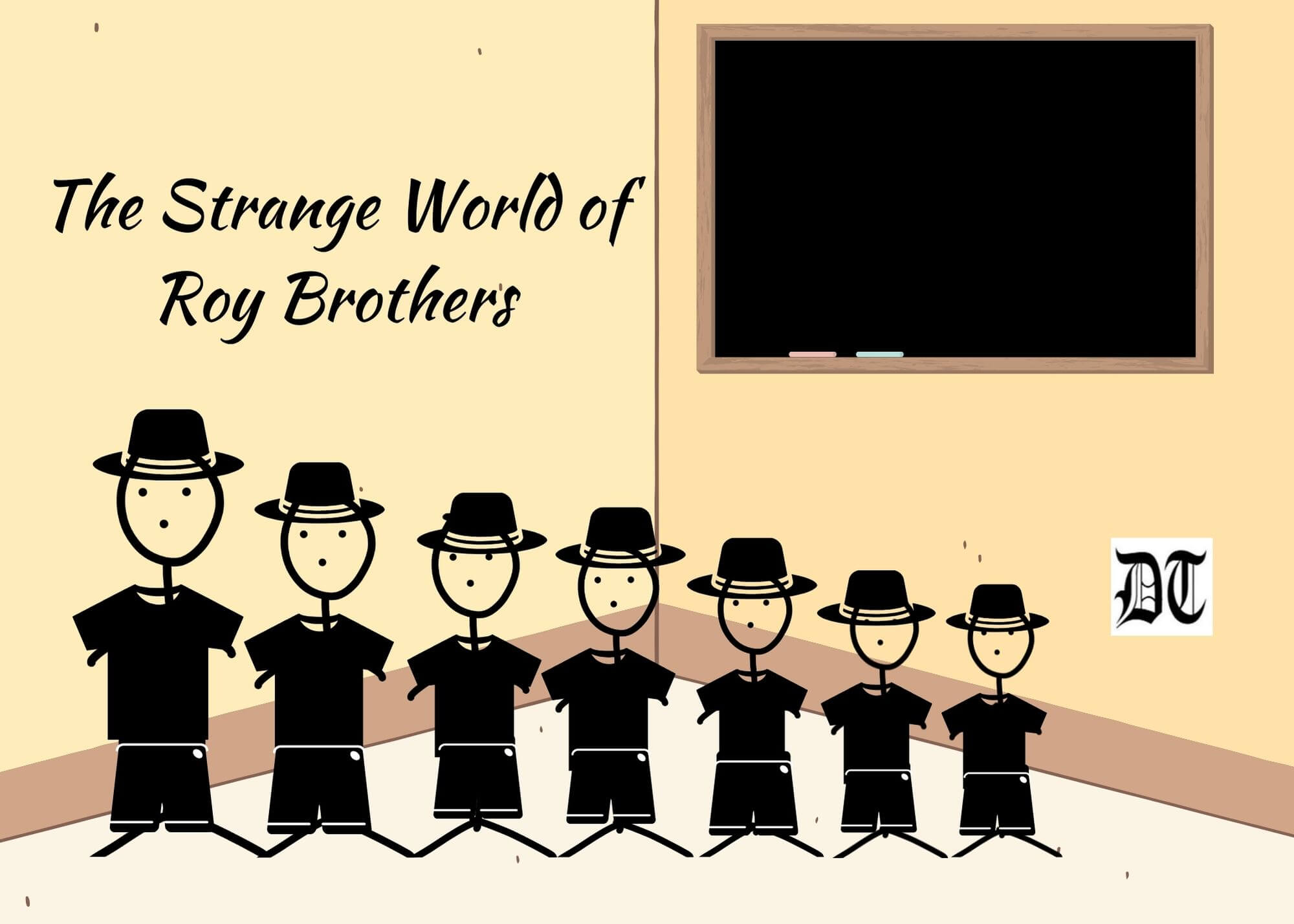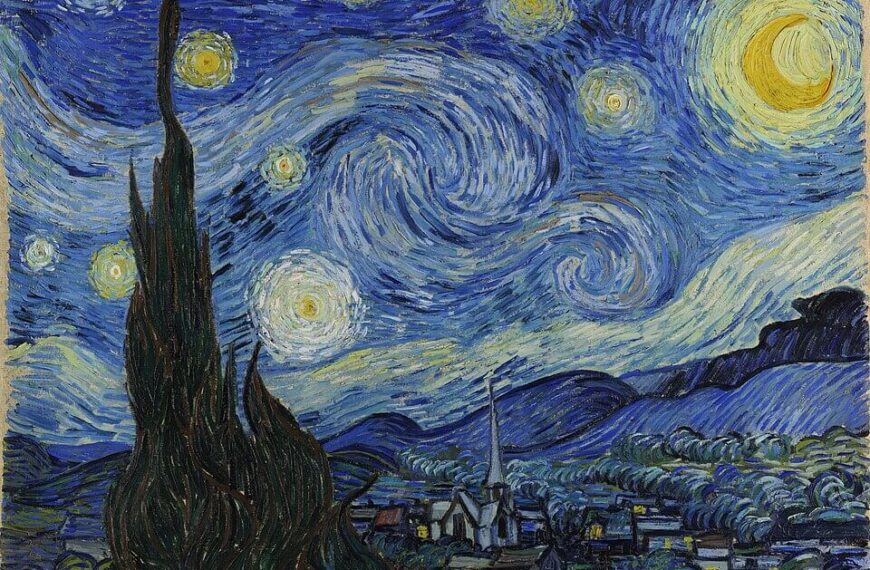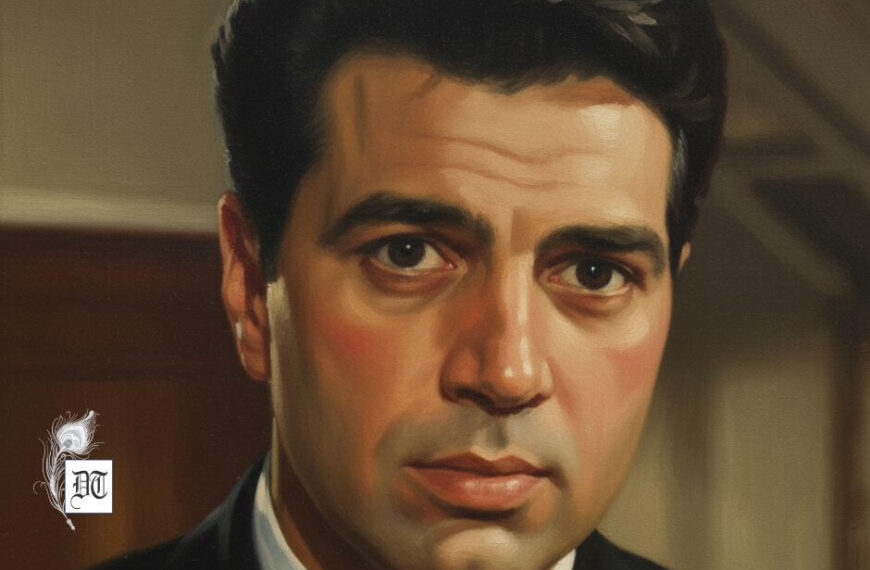Partition and displacement were agonising. But, for two young lads, life in a city was wondrous. The school children were pleased that they had no schools. No studies. Seven brothers and cousins were admitted in class IV a year later. They huddled together, laughed and sniggered by others in Calcutta in those days. Here’s a slice of life of these boys, the ‘Roy Brothers’. Arindam presents the childhood reminisce of his brother-in-law here.
Niranjanda was the eldest Jamaibabu (brother in law, cousin’s husband, jijaji in Hindi) in our joint family. But we all called him da (that’s what Bengalis call their elder brother). Tall and handsome, he was a man of few words. He might not speak for days or weeks. But, he was a wonderful storyteller. He knew how to hold attention of one and all.
Listening to him, it seemed we forgot to breathe.
As years passed, Niranjanda and I became wonderful friends. Despite the age gap, he confided many secrets – which men share among best friends. I understood his eloquent silences. On a Saturday night, many moons ago, we talked and laughed into the wee hours. We went to sleep hearing the chirping birds.
He told me the story of partition, as a young lad saw it. The year was 1950. Sylhet, which was in the political map of Assam, was snatched away on the basis of referendum. Sylhet, rich in fossil fuels, tea, oranges and pineapple, was an economic necessity for the fledgling East Pakistan. Boatloads of Muslims came from neighbouring Mymensingh, East Pakistan, attacked. They were outsiders helped by some vested interest groups. The riots were terrible. Hindus were forced to flee.
There was a fresh spate of refugees. They went to Tripura, Assam, Calcutta and some other parts of India.
My father, uncle and aunt, too were affected by the same riots.
My father, uncle and aunt, too were affected by the same riots. Affluent landowners, they left their home and hearth and their eldest brother and nieces. He refused to relocate. Pauperised overnight, they eventually came to Allahabad, where my aunt’s uncle, a doctor in the Army, was posted. Education was their only wealth. But, that’s a different story…
Niranjanda’s Mamababu (maternal uncle), an affluent businessman, had a shop in Bara Bazaar, Calcutta. He was their anchor. They had come in a train, packed like sardines, at Sealdah. It was night when they reached. The elders were making arrangements for the little boys and girls to sleep on the floor of the platform, teeming with people, after feeding them.
Niranjanda, the youngest boy in the group, was seven years old and his cousin, Rakhal, a little over nine. It was their first train journey. They had never been to a city. The sights and sounds of the city at night amazed the two young lads. Their eyes were perpetually popped out.
He recalled that he was tired and sleepy. Rakhal was bouncy, a bundle of energy. He dragged his little cousin, “Aye re dekh dekh, kotoh boro boro indur!” (Come and see how huge the rats are!). Those were black Buicks, which plied as taxis in Calcutta then. For Rakhal, its headlights were, “Dekh, chokh guli joljol kortase” (See, how its eyes are shining bright).
The two young village lads were in for greater surprise next morning. On the way to Niranjanda’s Mamababu’s Behala house, Rakhal, in utter surprise exclaimed, “Ita kita! Sohar e toh mansey indur e r pet e r bhitre boiya thake!” (What’s this! In cities people sit inside the belly of the rats!)
There was no school. No studies.
While the elders were worried and tense, unsure of what future they had, two young lads, from a riot ravaged land, were filled with immense curiosity. It was fun for them. There was no school. No studies.
Day and months passed by, after a year, when almost everyone had some shelter and food, the question was what to do with a houseful of boys, the shrieking brats. Cousins and brothers, they were seven of them. They had to be sent to a school.
Niranjanda’s mother spoke to her elder brother. He was well connected. He went and talked to the principal of a school in the neigbourhood. It was midterm. There was some vacancy in class IV. No seats were there in any other class. His Mamababu agreed and the principal agreed to admit all the seven boys, between eight and 16 years, in class IV. He was a philanthropist. He had donated fans to the primary section, a year back. How could the principal refuse admission to his wards!
There were two sets of books for all the boys but they had their own exercise books.
New bags and books were bought. There were two sets of books for all the boys but they had their own exercise books. These were covered with old newspapers by the elder boys. All seven of them had trooped into a class, without shoes, two days later. They were ‘Bangal’. That’s what people from East Bengal were called. It meant boor, country bumpkin then. None of these seven boys could speak urbane Bengali. They spoke in their dialect, Sylheti. All other boys, ‘Ghoti’ (people from West Bengal are called thus) laughed and sniggered.

Nirnajanda laughed and said, “I was shy. I was scared to utter a word. Since then, I became a quiet person.” He cited a story of Shaw and Tagore in his defense. He said that once Shaw went to meet Tagore in a public meeting. The repartee that followed silenced Shaw. The news spread. His governess asked him, “What happened, why you were so silent when Tagore was here?” Witty Shaw meekly replied, “Tagore has huge beard. I was frightened seeing it…”
We both cracked up. The taunts and sniggers of other boys were as real as the fear of long beards for little lads, world over.
It was summer. The heat was unbearable. The elder boys complained. Kind Mamababu took them to a nearby shop and bought new sola hats – these were worn by the Bara Babu (head clerks) of police stations. The sola or pith hats were khaki with a brown leather belt to be tied at the chin. Mamababu affectionately told them, “Ita dami, harais na” (These are costly, don’t lose these).
The seven boys were so proud and possessive of their new possessions that they refused to take it off eve in the classroom.
He added, “We had new hats but no shoes. We, like some other children, went to the school nearby, barefoot. We strutted like peacocks, thinking no end of ourselves.” When they went to the class, all others laughed. But, since they laughed always, these boys, who sat together, in the last bench of the class, height-wise, paid no attention to them.
The seven boys, brothers, and cousins were called ‘Roy Brothers’ by one and all.
Rakhal, the number six age-wise, just elder to Niranjanda, forbade everyone to take off the hats. “Kulos na be…hariye gale r paiti na” (Don’t take off the hat…if lost (we) won’t get another one). The seven boys were so proud and possessive of their new possessions that they refused to take it off even in the classroom.
The teacher who entered the class was shocked to see seven boys, all wearing sola hats, sitting in the last bench. In rage, he asked, “Eita class na club? Tomra ki kono band party r?” (Is this a class or a club? Are you from a band party?). There was deafening laughter.
Rakhal stood up, proud and defiant. “Ita dami, hariye gale dibo keta? (These are costly, if lost who would replace these?).
Niranjanda recalled that the teacher understood. But, Ghoti boys laughed and taunted. The ‘Roy Brothers’ were a world unto themselves. They cared little.
Picture design Anumita Roy, Different Truths





 By
By
 By
By
 By
By
Thrilling, without being beholden to the framework of a formal ‘thriller’ !
Thank you so much, Azam Gill ji
Read with intense interest and enjoyment. can so well relate to the Roy Brothers
Thank you so much, Amrita